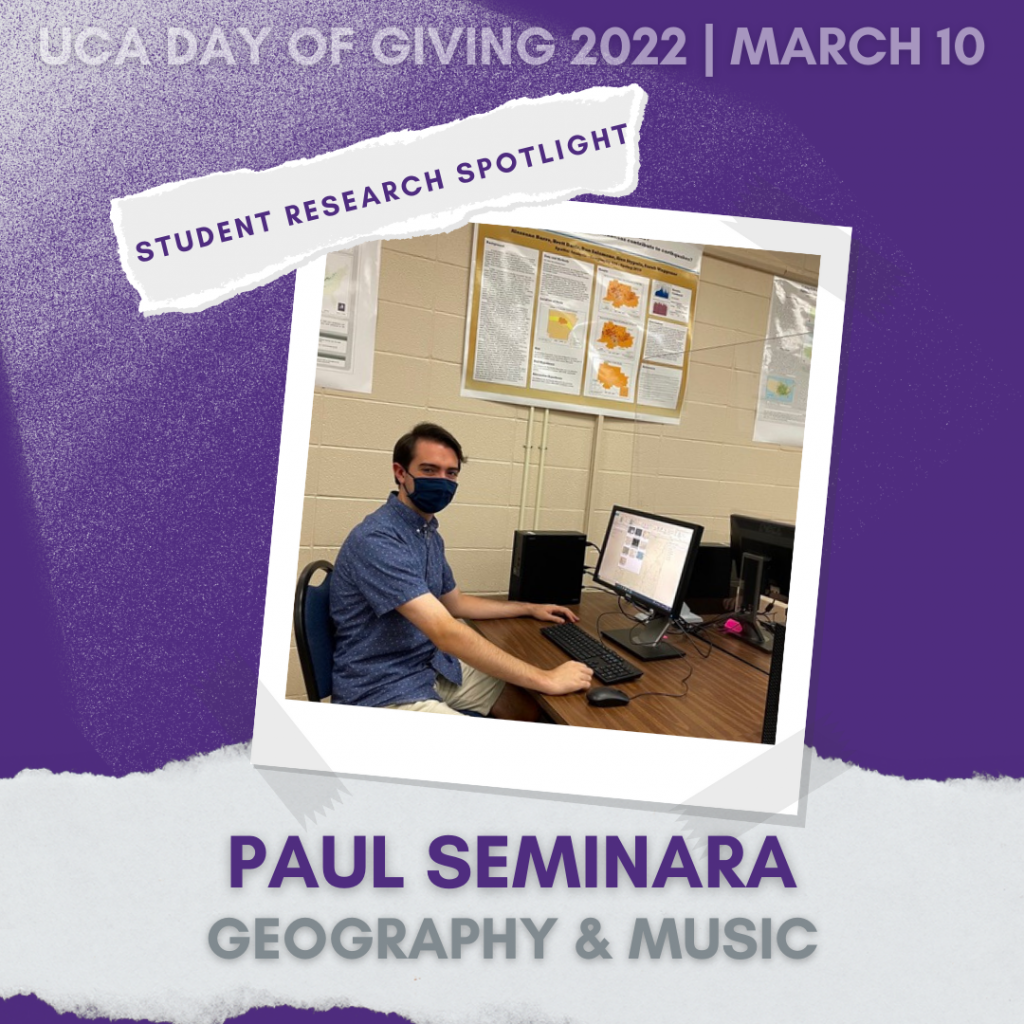Dr. Emre Celebi, Professor and Chair of Computer Science and Engineering, gave a virtual invited talk entitled “Computer-Aided Diagnosis of Melanoma Using Artificial Intelligence” at the Math Awareness Week (April 4-7), organized by the Department of Mathematics at the Palm Beach State College, FL. The theme of the event was Mathematics and Artificial Intelligence.










